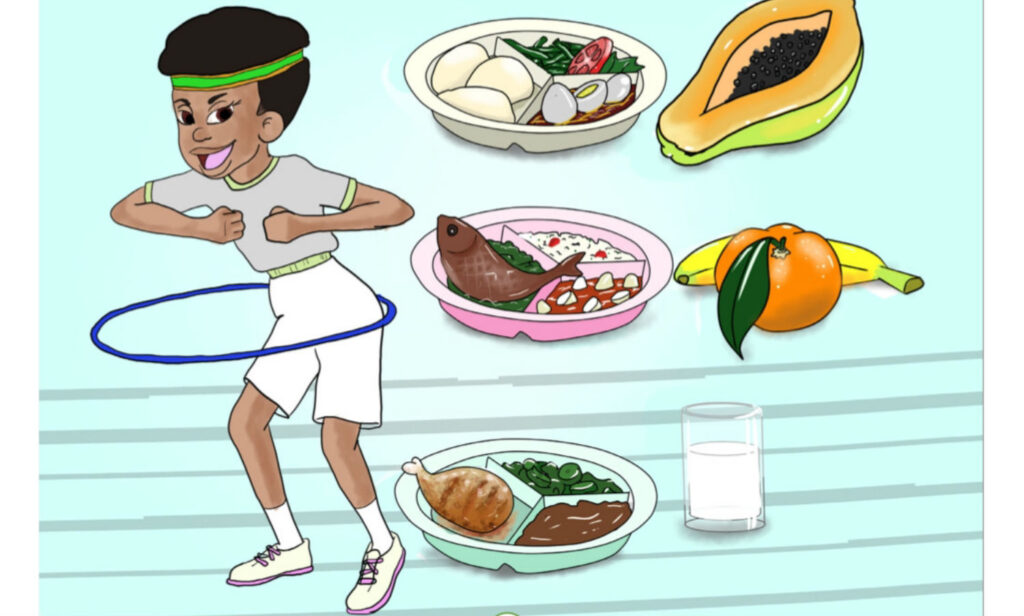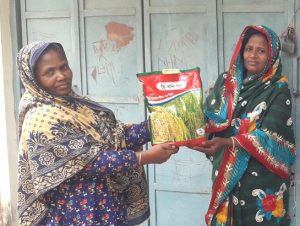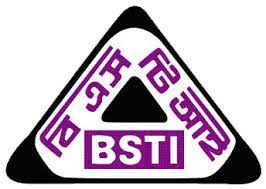The Food, Agriculture and Natural Resources Policy Analysis Network (FANRPAN) is working to harness the power of storytelling by launching a comic book project to teach nutrition to adolescents in Ethiopia and Tanzania. As part of their Agriculture to Nutrition (ATONU) initiative, FANRPAN is trying to broaden its nutrition teaching platforms and extending the impact on youth. According to Bertha Lilian Mkandawire Munthali, a FANRPAN Nutrition Advisor, the ATONU Super Girl Adventures comic book stories capture the attention of the learners through characters who are young, relatable, and can challenge their imagination.
Women in Sub-Saharan Africa are the primary victims of malnourishment and have children with the highest global rates of stunting; yet, they are simultaneously the primary producers of food. FANRPAN is addressing this paradox by engaging and equipping vulnerable populations with nutritional knowledge, via comic book stories, at an earlier age.
Munthali believes that traditional styles of education may not be as attractive for many learners. Rather than place nutrition as a basic subject for students to be tested on, ATONU is using comic books as an educational and entertaining tool for kids to engage in.
“In the modern age of so many characters in games and animation, young people seek the thrill of emulating a character they can relate with,” Munthali tells Food Tank. Neema, serving as one of the main characters and role models, “is likely to inspire her fans to do just like her than would a teacher do if he/she requested the youth to go plant a garden,” says Munthali.
In ATONU Super Girl Aventures (Tanzania), readers follow Neema through a series of tribulations, from her frustration of an unvaried diet to wanting to talk to her parents about nutrition. “In comics, children expect such problems to be solved and it holds their attention as to how Neema would get out of such a threatening challenge,” Munthali explains to Food Tank.
The comic books cover several themes, ranging from dietary diversity to homestead food production and to women empowerment. For example, a female member of parliament awards Neema for growing her own food, which Munthali points out as a prime example of representation and empowerment—the comic books show women making important decisions and earning recognition for meaningful work. “Neema as a girl child leads transformation at home, which is not the case in many societies,” Munthali tells Food Tank.
ATONU Super Girl Adventures underscores the deeper-rooted issues surrounding nutrition, such as gender inequity, poverty, and climate change. Taking charge of her situation, Neema demonstrates climate-smart, nutrient-sensitive production by establishing a diverse and integrated garden with a fish pond, chickens, and vegetables—capitalizing on locally available resources. Additionally, the book provides activities at the end of the story to further engagement and reiterate key lessons such as a maze where students learn to navigate routes with healthy food groups.
Munthali tells Food Tank that FANRPAN plans on launching television animations and school nutrition activities, in addition to the nutrition comic books, to continue to encourage young people to become active participants in the food system. “We believe young people are key agents and influencers of change in food choices and food production,” says Munthali – Food Tank




